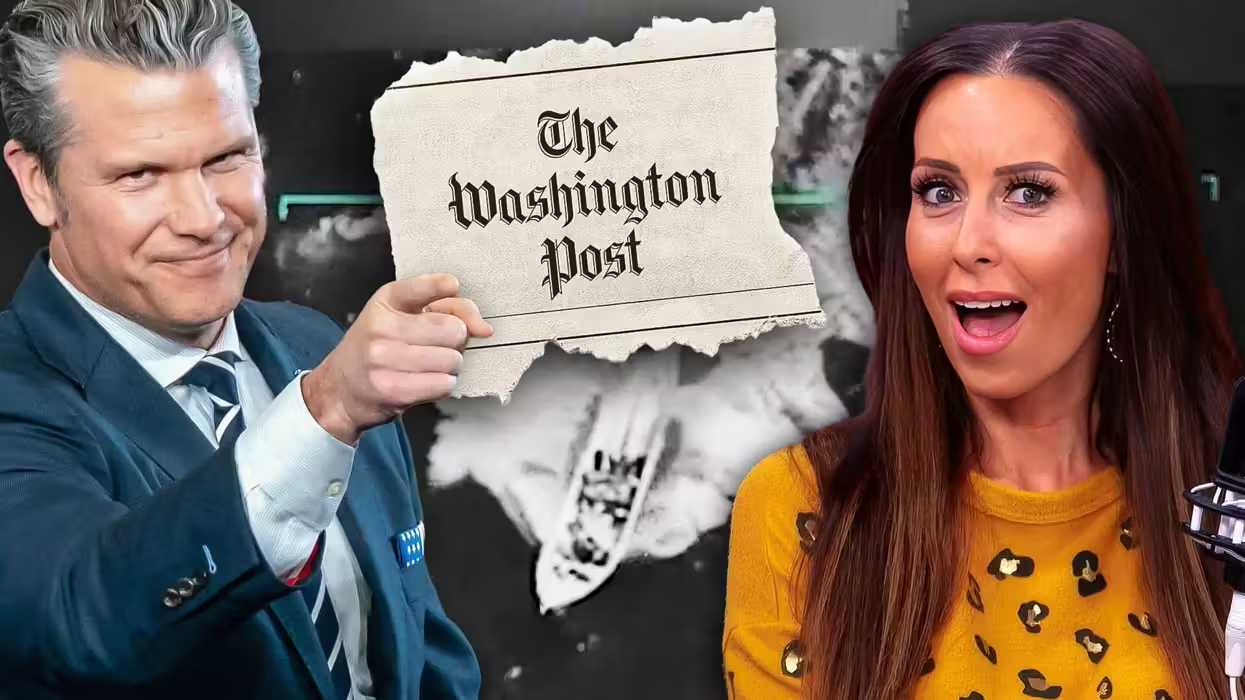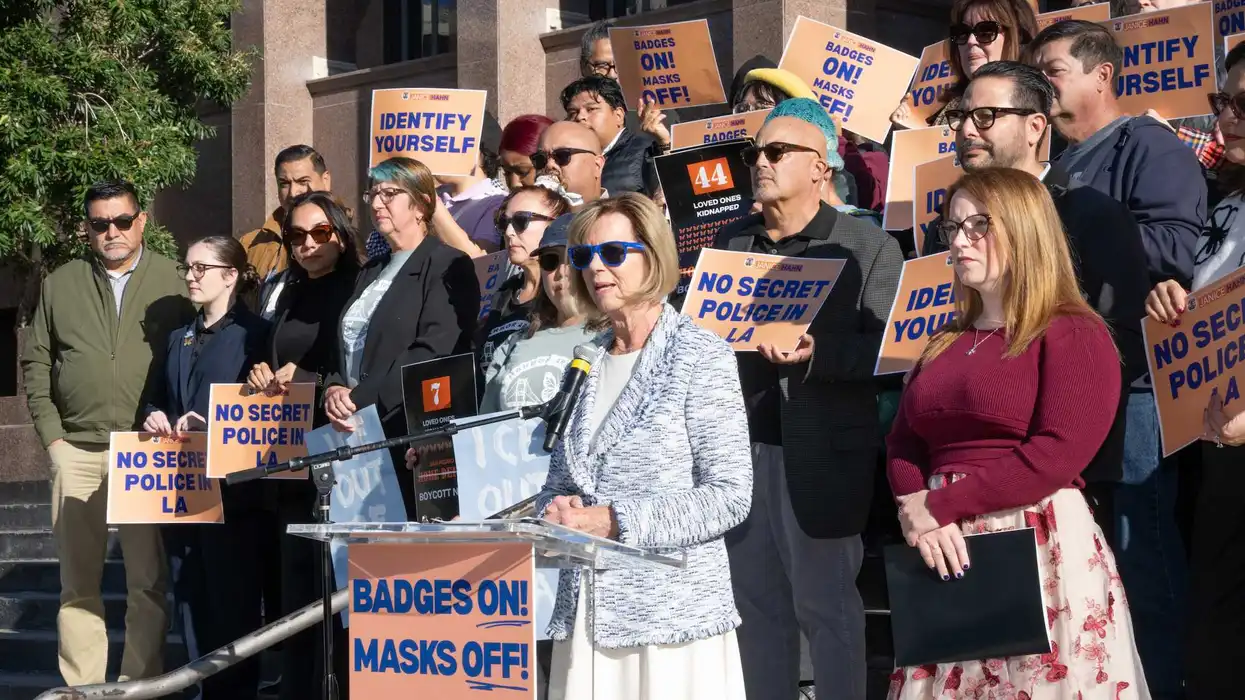The Department of Labor on Monday announced a summer reading list for people who want to spend their summer reading about the history of the American workplace.
The list is part of the department's "Books that Shaped Work in America" initiative, which was launched last year. That initiative lets people select books with themes about the workplace, which are being promoted to celebrate the 100th anniversary of the department.
 Or maybe you can just read the newspaper. Justin Sullivan/Getty Images
Or maybe you can just read the newspaper. Justin Sullivan/Getty Images
But Labor insists the books will be fun to read.
"Even if the books are notable for their relationship to the American workplace, there's no reason reading them should be a chore," Labor said Monday. "The adventures of Ahab and Annie are well known, but the list contains tales of a variety of journeys that are well worth making."
Back in February, TheBlaze made its own recommendations about books Labor could add to its list. Below are the books Labor is suggesting, along with descriptions provided by the Department:
"The Dollmaker" — Harriette Arnow's "The Dollmaker" centers on Gertie Nevels, a spirited family matriarch who is forced to abandon her home and dreams in rural Kentucky to join her husband after he gets a job in Detroit during World War II.
"Out of This Furnace" — Through the story of three generations of one family in a Pennsylvania steel town, "Out of This Furnace" chronicles the struggle of America's steelworkers to unionize, from the Homestead strikes of the late 1800s to success in the 1930s.
"Invisible Man" — Ralph Ellison's "Invisible Man" — winner of the National Book Award for Fiction in 1953 — explores issues of African-American individual and collective identity through the experiences of a young, nameless black narrator seeking belonging as he transitions to adulthood, only to discover deceit and hypocrisy at every turn, including among those allegedly fighting for a more just and equal society.
"Exploring the Dangerous Trades" — The Autobiography of Alice Hamilton, M.D. chronicles the life and career of the first occupational health specialist, who was also the first female faculty member at Harvard Medical School, where she taught in the late 1800s.
"Bartleby, the Scrivener" — "A Story of Wall Street" — one in Herman Melville's only collection of short stories, "The Piazza Tales" — tells the story of a clerk employed by a wealthy Manhattan lawyer to duplicate legal documents by hand.
"Last Night at the Lobster" — Stewart O'Nan's bestselling "Last Night at the Lobster" portrays the awkward final day of work at a fictional Red Lobster restaurant in New England before it is shut down by corporate headquarters due to dwindling business.
"Animal Farm" — Published in 1945, George Orwell's "Animal Farm" critiques the concept of communism, specifically Soviet communism, through a fable about farm animals who attempt to establish a utopian society based on the commandment that "all animals are equal."
"A Tree Grows in Brooklyn" — Betty Smith's "A Tree Grows in Brooklyn" portrays the experiences of Francie Nolan, a poor, sensitive and ambitious teenager growing up in the tenements of Brooklyn's Williamsburg neighborhood in the early part of the 20th century.
"On the Line" — "On the Line," a collection of interconnected short stories by Harvey Swados, portrays the diverse hopes and desires of eight malcontent coworkers in a New Jersey automobile factory in the 1950s.
"Player Piano" — The dystopian "Player Piano" by Kurt Vonnegut takes place in a mechanized future society that has little need for human labor, resulting in a fractious relationship between those who keep things running — a small group of elite managers and engineers — and the vast majority, whose purpose has been marginalized and have few options aside from doing menial work in exchange for basic housing, medical care and education for their children.

 Or maybe you can just read the newspaper. Justin Sullivan/Getty Images
Or maybe you can just read the newspaper. Justin Sullivan/Getty Images






